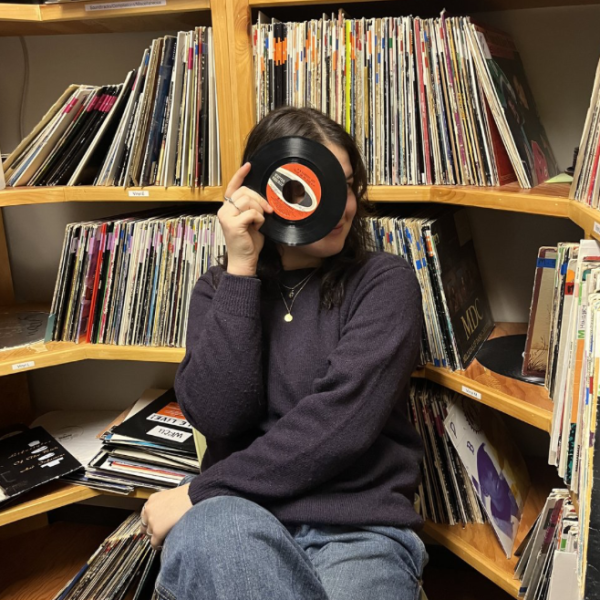Race Issues: The Past Weeks of Police Brutality Shows that Police Reform Isn’t the Solution
The police system is inherently inequitable and deeply rooted in racism and white supremacy. If this wasn’t obvious already, this past week has made it especially impossible to deny. During the trial on the murder of George Floyd by ex-Minneapolis police officer Derek Chauvin, other cases of police brutality occurred. The police used force against a young Black man, Daunte Wright, and took his life. Another case of police brutality was the force against Army Lt. Caron Nazario, who identifies as Black and Latino. Nazario was stopped, pepper-sprayed and handcuffed during a routine traffic stop. Another reported case involved police brutality towards Adam Toledo, an innocent thirteen-year-old boy that also lost his precious life.
This isn’t a conversation about “bad apples,” but a poisoned orchard; the police system has systematically hurt Black communities throughout time because it’s built on a system of racism and white supremacy. The “bad apples” argument sustains white supremacy and systemic oppression and completely discredits the pain, suffering and grief these “bad apples” have caused to individual families and entire communities impacted by their actions.
Our policing system was designed to maximize interactions between Black and brown people and police officers, which all but ensures that harm will happen. This is enforced through the practice of over-policing, initiatives that have justified increased levels of policing for the sake of the “greater good,” but often with adverse and tragic consequences. Predominantly Black neighborhoods are simultaneously over-policed and under-policed. The neighborhoods are over-policed when it comes to surveillance and social control, and they are under-policed when it comes to emergency services. Over-policing has much more than just this direct harm on the communities police are surveilling. It creates a biased perception that certain community members are more likely to do harm than others, which is racially skewed and leads further to internalized racism we see in the general public.
We’ve been reforming our criminal justice system for too long to still be seeing deadly consequences by the actions of the institutional players. Depending on reform is dangerous. Police reform takes power away from protestors and communities and puts it in the hands of detached politicians. The reforms that have been put in place, such as police review boards and body cameras, are still not working, and they also increase the scale and the funding of policing.
We must, at the very least, advocate to divest from policing in our communities. This effort can be seen in the slogan “Defund the Police” which has recently become very polarized. The rally to defund the police is a call to action for us to change the law enforcement system from the ground up by re-allocating funding spent on police departments to other necessary infrastructure, including violence prevention programs, public housing, physical and mental health care and education. Unlike what the slogan may convey, this is not just about taking away money from the police, it’s about reinvesting those dollars into Black communities; communities that have been deeply divested from, communities that may have never felt the impact of having true resources. We have to tackle the root causes of problems to decrease the disheartening internalized racism and police brutality we see so frequently in our society.
There has even been a more radical call to action behind the phrase “Abolish the Police.” This is a more long-term call for re-imagining the entire criminal justice system. What abolitionist organizations identify is that the problem isn’t that the right tweaks haven’t been made, or the correct diversity seminar hasn’t been presented; the problem, in a deeply unequal and white supremacist society, is policing itself.
We know that the police rely on continued silence and consent from white people as they continue murdering and bringing violence to Black communities. Now is the time for those of us who are white and for other BIPOC allies to recommit to the work of defunding and dismantling the police. We can’t be satisfied with simplistic reforms, especially ones that not only fail to limit police abuses but actually increase police power. If we want to be true allies for racial justice and collective liberation, we don’t have the luxury of taking the easy way out. A world where Black people are safe is a world where we are all safe.














